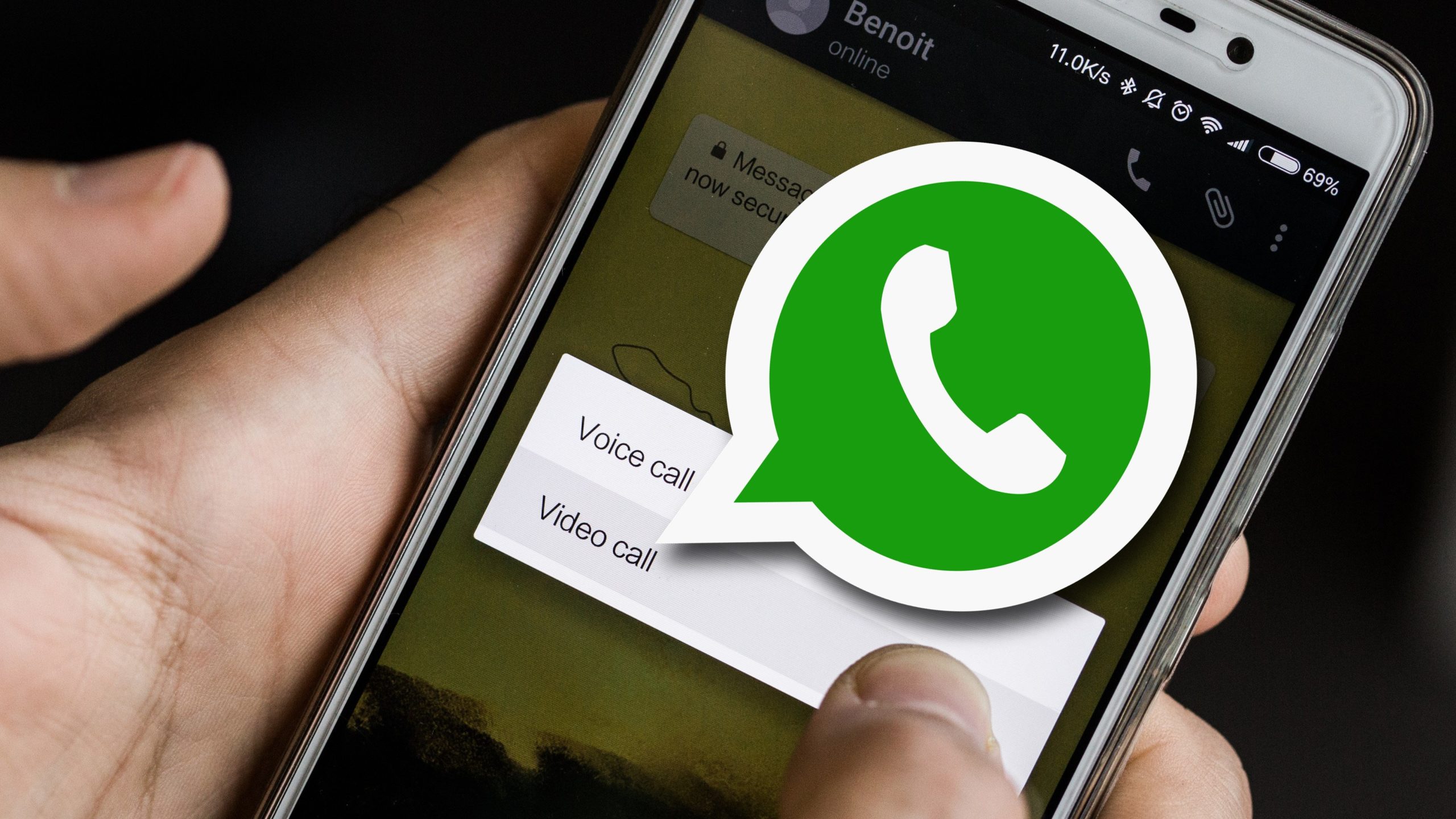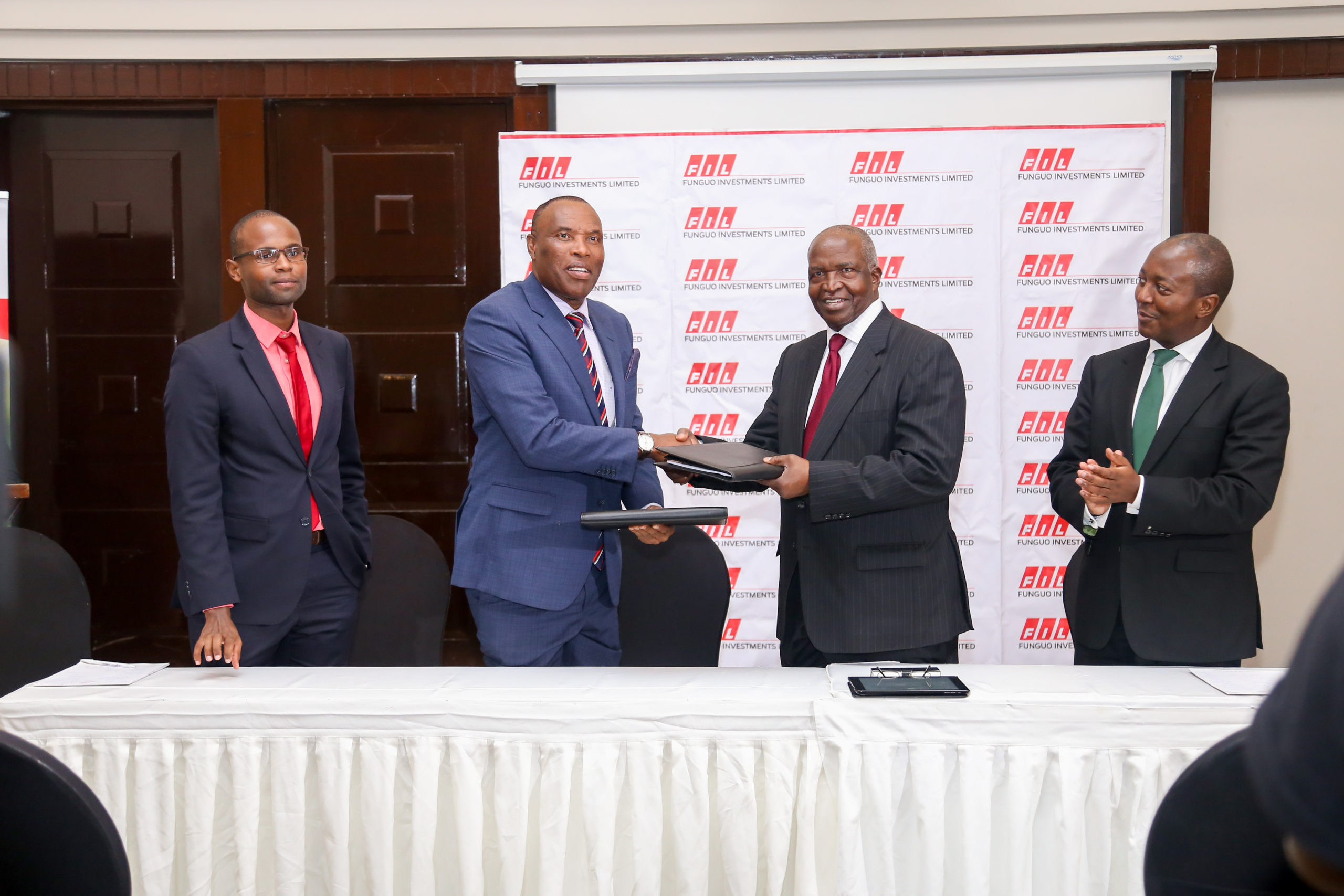Deodate Mugenzi, a 26-year-old third-year student from Integrated Polytechnic Regional Centre Rwanda has created a WhatsApp prototype that allows users to make offline calls. To do this, Mugenzi registers the numbers of the caller and the receiver on WhatsApp. Therefore, he uses the platform to connect the two people.
“The problem is that many people here in Rwanda and other parts of Africa cannot afford to own smartphones that enable them to use all of these internet enabled services. To address this, people ought to use services that allow them [to] communicate using any platform that is available to them,” he says.
The young man says the idea to create the prototype developed from his love of science and technology. Additionally, he was passionate about finding solutions to the existing problems that people encounter in Rwanda.
“I used to have a friend who would always call using WhatsApp and he would request me to take the phone to his parents back in the Eastern Province so that he would talk to them. This is because calling them straight on telephone numbers was expensive,” he reveals.
It All Began With a Physics Book
Mugenzi says the prototype concept originated from spending a lot of time at the American Embassy Library where he tried to put together everything he had learned in mobile communication and networking. Additionally, the skills he had obtained in school also helped him to come up with the idea in 2017.
“The idea actually began as a joke, trying to play around with my computer. But as time went on, I started realising that something big could be developed. This is when the journey to apply what I had studied started. I spent so many hours in the library and physics was my helping hand, and a computer was my night sleep,” he states.
Although the system Mugenzi has created helps people make international calls, there is still plenty of room for improvement.
“The system at the moment cannot support more than one call at the same time. This means one person can call home and after his call, another one can call again. It is a system that is under construction,” he explains.
In Search for Additional Support
“I need more technical and educational support to be able to build my system into something that can be commercialised,” he notes, highlighting that some telecoms have approached him to buy the prototype. Many people have expressed interest in the system, but I’m not ready to just give it out as it is. I need more skills and knowledge to turn it into something that can be commercialised,” he asserts.
Presently, Mugenzi is working with the American Embassy in Rwanda where he trains young people to pursue technology. He believes that money is not the issue when it comes to making a change. Rather, it is the impact the innovation will have on society that matters the most.




